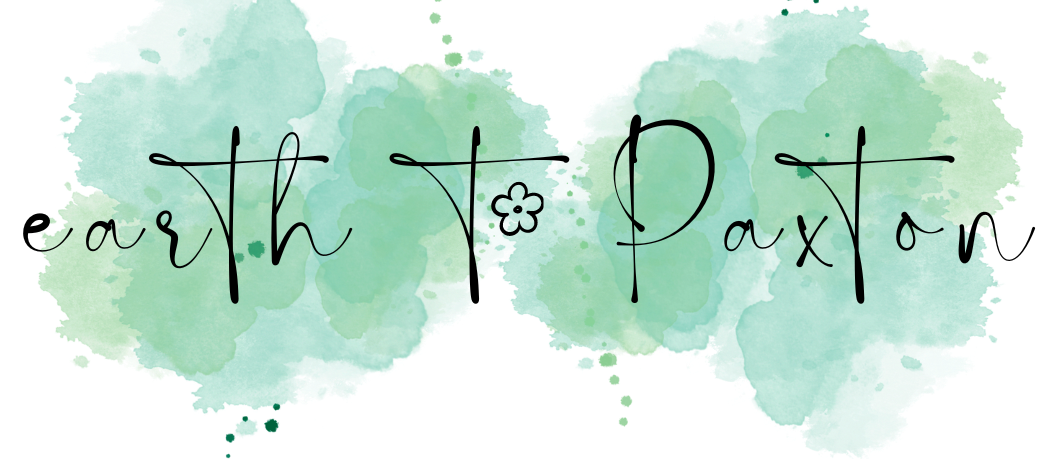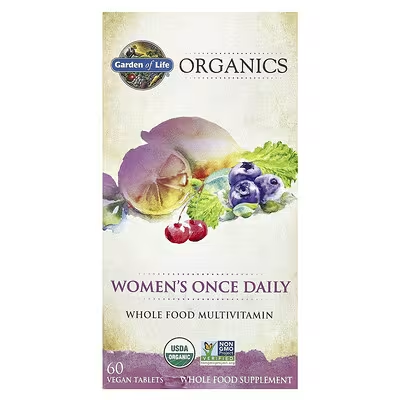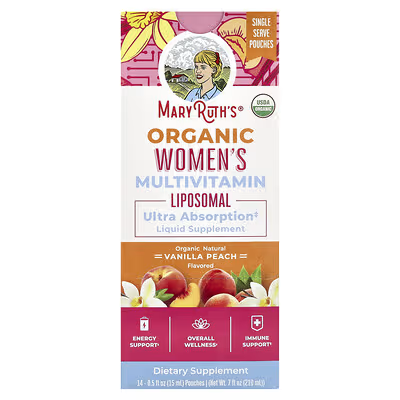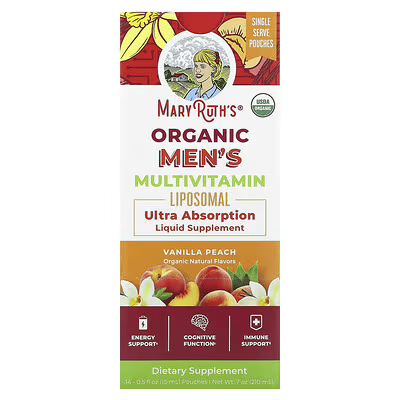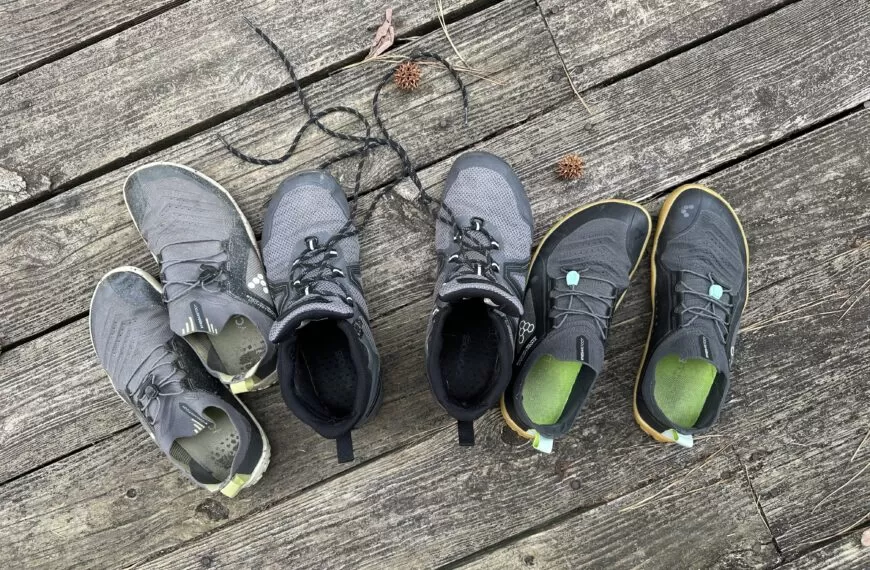This post contains affiliate links meaning I may earn a commission, at no extra cost to you, if you make a purchase using these links. That being said, I only recommend products I love and trust.
the information provided on the blog and the material linked are for educational purposes only and does not substitute for professional medical advice. please consult a medical professional with any questions or concerns.
Don’t get me wrong, I am by no means, pushing pills. I believe in holistic medicine and healing the body through food. That is why I recommend supplementing.
Of course, is it fully possible to get all of our vitamins and nutrients through our diet, but it’s not the easiest task.
You’d have to eat a WIDE variety of fruits, vegetables, and other foods on a daily basis.
Take myself for example, even as a vegan, I know with 100% certainty, I don’t eat enough variety and I eat mostly plants.

Vitamin Deficiency
According to Biostation, ninety-two percent of American’s are deficient in at least one or more vitamins. Ninety-two percent! Plain and simple, our diet is not providing us enough nutrition. Especially if you are eating the conventional American diet.
Supplementing is important in order to optimize health and to fill those nutrient gaps, we aren’t getting daily.
Please don’t get me wrong, supplements are not an excuse to eat unhealthy and they certainly aren’t replacing real nutrient-dense food. They are to be incorporated into your diet to do exactly that, supplement.
If you want to get yourself on the right track toward a healthy diet, check out some of my other articles like 15 Remarkable Reasons to Eat Plant-Based or 6 Ways to Eat More Veggies and Improve Your Health.
Vitamins and Minerals
Vitamins and minerals are micronutrients essential for the body to perform its normal functions says Harvard TH Chan School of Public Health. And because they are not naturally produced, we must get them through the food we eat.
You probably recognize the big ones, vitamin A, vitamin C, vitamin D, but how about the ones we never really hear about? Biotin, vitamin K, folate, magnesium? By incorporating supplements, we can get the nourishment our body depends on.

A brief breakdown by Medline Plus
- Vitamin A helps our body maintain good teeth, bones, and skin
- Vitamin B6 and choline both maintain brain function and forms red blood cells
- B12 and folate is great for metabolism and nervous system health
- Vitamin C helps the body absorb iron and promotes healthy gums and teeth
- Vitamin E is great for relieving inflammation
- Vitamin D helps to absorb calcium, great for teeth and bones and can be produced from 45 minutes in the sun per week
- Biotin helps metabolize amino acids, fats, and carbohydrates (the building blocks of protein)
- Vitamin K is essential for our blood to coagulate
There are so many more, but you obviously get the point of the importance of each.
A really good multi vitamin will get you majority if not all of these necessary vitamins.
I use iHerb to search for all of my supplements. Not only do they have a wide selection, they have filters that meet your every need. For example Sugar-Free, Vegan, Wheat-Free.
Look for brands that are organic like Garden of Life, or Mary Ruth’s. These brands are free from fillers, are high quality, and made with real ingredients.
How to Get the Supplements You Need
It’s important to consult with your doctor on which vitamins are right for you. But a multivitamin is a great place to start to restore and maintain micronutrient levels.
The majority of vitamin deficiencies are from either vitamin D or K2 because they are harder to get through our food says Biostation. And both are very important for optimal body function.

There are 13 essential vitamins, all of which have different jobs and function to help your body grow and work the way it’s supposed to reports National Institute of Aging.
I would recommend reading about what each vitamin does and determining if you get a sufficient amount of each through your diet. By doing this, you will have a great starting point to get you supplementing those weaker areas you are missing.
Conclusion
Three final thoughts. It’s best to try to diversify your diet as much as possible. Eat whole fruits and vegetables and minimize processed foods. And of course, supplementing in order to fill in the gaps whenever necessary.

